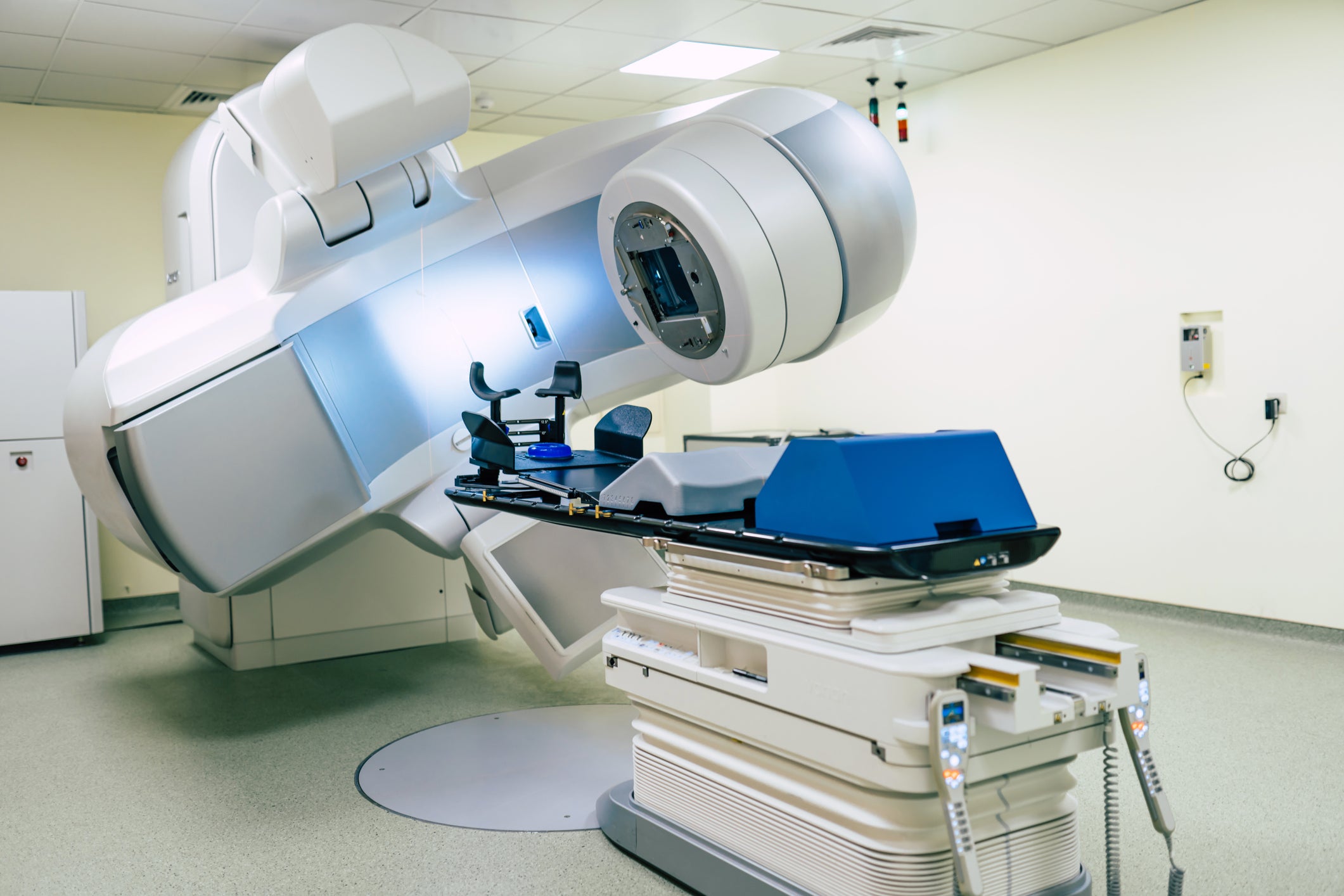Medicare Advantage may limit radiation treatment options for cancer, increase cost and duration of care

There are significant differences in the costs and durations of radiotherapy treatment for cancer, depending on whether a patient is insured by traditional Medicare (TM) or Medicare Advantage (MA), according to a new study by health policy researchers at Harvard T.H. Chan School of Public Health. The findings provide the first direct comparison of radiotherapy utilization and spending between the two Medicare plans.
The study was published April 2 in JAMA Network Open. Miranda Lam, instructor in the Department of Health Policy and Management and member of the Healthcare Quality and Outcomes Lab, was corresponding author. Other co-authors from the Lab included Thomas Tsai, co-director; Jie Zheng, associate director of analytics; E. John Orav, lead biostatistician; and Tianfeng Zhang, research assistant.
MA has been gaining in popularity, now enrolling over 50% of Medicare beneficiaries. The plan offers potential cost savings such as lower copays, coverage for prescription drugs, and vision and dental benefits. However, it may also impose challenges such as limited provider networks and prior authorization requirements, which are not factors in TM. For cancer patients, these restrictions have prompted concerns about possible delays and denials in necessary radiotherapy treatments. No prior studies have conclusively shown whether these concerns lead to substantive differences in care.
To investigate this question, the researchers examined a nationally representative sample of medical insurance claims from 2018, identifying radiotherapy patients ages 65 and older in care for one of the 15 most common cancer types. They analyzed data from 31,563 90-day radiation treatment episodes, comparing the number of treatments, estimated spending, and types of radiation administered between TM and MA beneficiaries.
The study found that MA patients experienced, on average, 10% longer treatment durations compared to their TM counterparts, and spending for their treatments was estimated to be 4% higher. Researchers also found that MA patients were less likely to receive advanced therapies like proton and stereotactic radiotherapy.
“With the growing number of patients enrolling in Medicare Advantage plans, it is crucial to understand the implications for radiation therapy in comparison to traditional Medicare,” said Lam. She and her co-authors noted that more research is needed to determine if and how differences between MA and TM impact quality of life or survival for cancer patients.
Read the study
Radiotherapy Utilization in Traditional Medicare and Medicare Advantage


